I’m sorry if this has happened to you.
Not because it’s my fault, but because well, I just know what it feels like to create loads of content that no one is reading.
“You do, Neil?” you’re probably asking.
Yes. I do.
I didn’t become an authority in the digital marketing space overnight. Instead, I created lots of content, received lots of rejections, and got very little traffic.
At least, in the beginning.
So I know what it’s like to put in a lot of work, but not get back what you were hoping for.
Unfortunately, in today’s world, there’s a lot of content marketing rules to try and follow.
Ideally, your content should be at least 2,000 words.
It should also include lots of images, aim for the right keywords, have a compelling headline, and contain no grammatical errors. Oh, and outdo the competition.
Clearly, that’s a lot to keep up with.
And if you feel like you can’t, then you’ve come to the right place.
I’m going to show you exactly how you can start generating blog traffic by using free resources online.
Because sadly, you have a lot of competition.
WordPress, which is primarily a platform for bloggers, runs 25% of the Internet.
And marketers are spilling 25% of their budget into content marketing efforts.
This means that you can’t just write blog posts, publish them, and hope for the best.
No. You need to make sure that your content quality is up to par, promote it correctly, and even update it regularly.
And that only scratches the surface of all the content marketing “things” you need to do.
In reality, keeping up is nearly impossible.
That is, until you find out about the tools I’m about to show you.
If you’re anything like the majority of marketers, then you struggle to generate traffic and leads above all else.
That’s why I’m going to help you.
Because here’s the thing. You can’t generate traffic or leads if your content isn’t compelling. You need to have a remarkable headline, amazing content without grammatical errors, and a consistent voice.
If you want to build an audience for your blog, which you do, then you need to use these eight tools to make sure every piece of content you produce is up to (or above) par.
1. Buzzsumo
Buzzsumo is arguably one of the best tools at a marketer’s disposal.
With it, you can view your competition’s best performing pages and then mimic their success.
You can also use it to find out how well your own blog posts are performing and then make the most of your own success.
Buzzsumo measures content success in terms of social media shares, however.
So if you aren’t on social media, the tool won’t be of much use to you.
However, most of you are.
So here’s how you can use the tool.
Go to Buzzsumo.
Then type in a topic or competitor that you want to analyze.
Click “Go!” and Buzzsumo will show you which URL pages are performing best and which are performing worst.
You can view the shares that the pages have received on the right side of the dashboard.
In the above example, I used Buffer.
But you can type in whatever website you like.
But why is this so powerful?
Well, the reason is quite simple.
When you know what type of content is working best for your competitors, you can create similar content.
Use this tool in the ideation phase of your blog posts to determine which articles (and titles) will give you the best chance of attracting an audience.
If a certain blog post attracted attention for your competition, it likely would do the same thing for you.
2. Grammarly
No one has perfect grammar.
I write a massive amount of content and, still, I don’t have perfect grammar.
Unfortunately, though, you can’t afford to make silly grammatical mistakes in your content.
Not only does that attract the unwanted Internet troll who will bombard your comments with their annoying opinions, but it also just looks unprofessional.
If you’re anything like me, then when you go to a website, grammatical errors make the website difficult to trust and even more difficult to work with.
So misspellings and grammatical problems can quickly kill your business.
Obviously, you don’t want that to happen.
Enter Grammarly.
You can download the Grammarly extension for free and then, no matter where you’re writing, Grammarly will catch writing mistakes and make suggestions.
You might not be able to afford an editor to look at all of your content, but Grammarly is free so you can definitely afford it.
And it’s another safeguard against silly writing mistakes that we all make.
Here’s what it looks like when you’re writing in Grammarly.
And for your own reference, here’s a list of the 15 most misspelled words.
Which ones represent your own writing sins?
Whatever they are, Grammarly can catch them and do away with them.
So you can build trust with your audience and leave the trolls far away from your comment section.
3. Readability Test Tool
Let’s admit it.
Sometimes, we all want to sound smart.
Every once in a while, it feels good to use big words that no one understands and to make things more complicated than they need to be.
Usually, this gives us an ego boost and makes us feel as though we’re smarter than our readers.
However, doing so might annihilate any hope you had for an audience.
In fact, most people prefer to read at an elementary level.
Think about it.
When you click on an online article, do you want to have to struggle through reading the piece of content or do you want it to be dead simple?
The latter, I’m sure.
Because you’re in a hurry. And, as it turns out, so is your audience.
Fortunately, the Readability Test Tool can help you ensure your writing is easy for people to understand.
Once you’ve published a piece of content, simply enter the URL where the content is hosted and click “Calculate Readability.”
To show you an example, I entered in one of my recent blog posts.
Here are the results.
It just so happens that the blog post I entered in fell just at the right level.
Ideally, you want to fall around the 7th- or 8th-grade reading level.
That way, your content is easy to read and understand.
If it isn’t, you can be sure that people will often bounce from the page shortly after arriving.
If you find that your content is too difficult for people to read, then try simplifying it. Use easier words and simpler language to dumb it down a bit.
You want to make your content say something in the most understandable way.
Then, you’ll have a far better chance of attracting readers and a lower chance of losing them.
4. SmartBlogger Headline Hacks
I love this resource from SmartBlogger.
Often, coming up with a headline for your blog post is the hardest part.
You know what you want to talk about, but you don’t know how to frame it within a compelling, clear, and click-worthy headline.
But don’t worry.
That’s why the geniuses over at SmartBlogger created this resource.
With it, you can access free headline templates and use them whenever you like.
Rather than spending hours and even days trying to think of headlines for your content, you can go straight to this resource for inspiration.
But it’s not just for inspiration. You can also get practical advice.
And to give you an idea of how helpful it is, check out some of these tidbits.
Here’s one of the headline templates that they recommend using:
And another:
Of course, that’s only two of the 52 that they offer within the resource.
And since it’s totally free, you might as well download it.
Because here’s the thing.
The headline is the most important part of your blog post.
But you probably don’t have the time to do keyword research and popularity research for the best headlines around.
Fortunately, SmartBlogger does. And they did.
So you can easily download this resource and steal their data. For free.
5. Focus Booster
Do you ever have trouble focusing while you’re writing a blog post?
If you’re like most bloggers, then you do.
You probably take more bathroom breaks than you need, talk a lot, or struggle to start at all.
It’s a common affliction for the person who aspires to be a remarkable writer and content creator.
Something about sitting down to write for several hours at a time is exceptionally difficult.
I get it.
But if you don’t write, then you definitely won’t build an audience.
Fortunately, Focus Booster might be able to help you.
You can download the app to your phone.
Once you do, the app allows you to set deadlines and timelines for your writing schedule.
You can, for instance, set a stopwatch for the next 25 minutes.
During that time, you’re not allowed to do anything but write. Then, maybe you give yourself a 10-minute break, followed by another 25-minute writing session.
However you set up your schedule, this app can help you stay focused.
If you’re like me and you get easily distracted, you can use Focus Booster to keep you on track. Then give yourself incremental breaks so you don’t burn out.
You can even view an analytics dashboard with the tool that shows you exactly how productive you’ve been recently.
Because there’s nothing worse than wanting to create a successful blog, sitting down to write, and then finding it far more difficult than you imagined.
What’s the answer?
Forcing yourself to write, regardless of how you feel at the moment.
With Focus Booster, you can make that happen.
And the more you write, the better you’ll get.
6. Portent’s Content Idea Generator
Need an idea for your content?
Ha! We all do.
In fact, sometimes the ideation phase is the hardest part of creating amazing blog posts.
You try to think of topics, but each one seems just a bit off.
You can’t figure out why it doesn’t seem right and you quickly become discouraged.
But as with all problems in this world, someone has created a tool to try and solve the ideation phase of content creation.
And it’s called Portent’s Content Idea Generator.
It’s simple and fun to use.
Even if you don’t take the ideas directly from it, it’s a great place to go when you need some inspiration for a specific keyword phrase or topic.
Below, you can see that I typed in “real estate marketing.” Here’s the idea it gave me.
That’s not such a bad title idea: “13 Myths Uncovered About Real Estate Marketing.”
It’s compelling, emotionally-charged, and click-worthy.
And even if I don’t want to use that exact title, it immediately gives me some other content ideas that might be more appropriate for my current blog and situation.
I did the same thing with “digital marketing.”
Here’s what came up for that subject.
Again, not too bad of a title: “The Only Digital Marketing Resources You Will Ever Need.”
If you find yourself in a content creation slump, then go here to gain inspiration, find a title, and get yourself writing faster than you might otherwise.
7. Thesaurus
Imagine that I wrote this in one of my blog posts:
“I think that SEO is important because it will drive traffic and increase your rankings. And nothing is quite as important as driving traffic and increasing rankings. Of course, it’s important that you find a strategy that works for you. But it’s also important that you find a strategy that works for your audience.”
The actual ideas within that paragraph aren’t bad.
But, still, you’re probably a bit annoyed at it.
Why?
I used the word “important” in every single sentence.
Few things can kill readership as quickly as repetitive words. Not only does it make you seem uneducated (sorry), but it makes you seem like you don’t know the difference between good writing and bad writing.
Fortunately, the magical Thesaurus can help you find a new term for what you’re trying to say when you’re at a loss for words.
Just type in the word that you’re trying to find a synonym for and the Thesaurus will spit out a long list of options for you to use.
Instead of “managing,” for example, you could use the word “administering.”
Believe it or not, your readers get annoyed when you use the same words over and over again with the passing of each sentence.
So make sure that you mix it up regularly.
And the Thesaurus can help you do that when your own vocabulary fails you.
8. Emotional Marketing Value Headline Analyzer
When you think of content marketing, you probably don’t think about how you should try to make your audience feel emotionally.
And yet, you should.
Why?
Because when people experience physiological arousal – excitement or anger, for instance — they take action.
If they don’t experience some sort of emotion when they view your title, then they probably aren’t going to click.
But if your title does arouse an emotion, then they will click.
Naturally, you want people to click on your content. That’s why you wrote it in the first place. So that people would read it.
Charging your headline with emotion is one of the best ways to produce that result.
And the Emotional Marketing Value Headline Analyzer tells you just how emotionally charged your headline is.
For the sake of an example, I entered the headline of this article and clicked “Submit For Analysis.”
Here’s what the tool showed me.
As you can see, the title of this article that you’re reading falls within the recommended range of emotional charge.
That’s critical. If your headline doesn’t create an emotional response in the person who sees it, then they won’t click, they won’t read, and they definitely won’t share.
For that reason, make sure that every title you craft has emotional merit in the eyes of your readers.
And you can use this tool to streamline that process.
Conclusion
Like I said, I didn’t learn to attract an audience to my content overnight.
In the beginning, I made a lot of mistakes.
I made mistakes regarding grammar, headlines, and even readability. The truth is, though, that we all make these mistakes.
The good news is that you don’t have to.
And if you can skip the painful part of becoming a top-notch blogger, then why wouldn’t you?
Well, with these eight tools, you can do just that.
- Buzzsumo
- Grammarly
- Readability Test Tool
- SmartBlogger Headline Hacks
- Focus Booster
- Portent’s Content Idea Generator
- Thesaurus
- Emotional Marketing Value Headline Analyzer
Use them well, and you’ll attract readers like never before.
What is your favorite copywriting tool or resource to make sure you attract an audience?


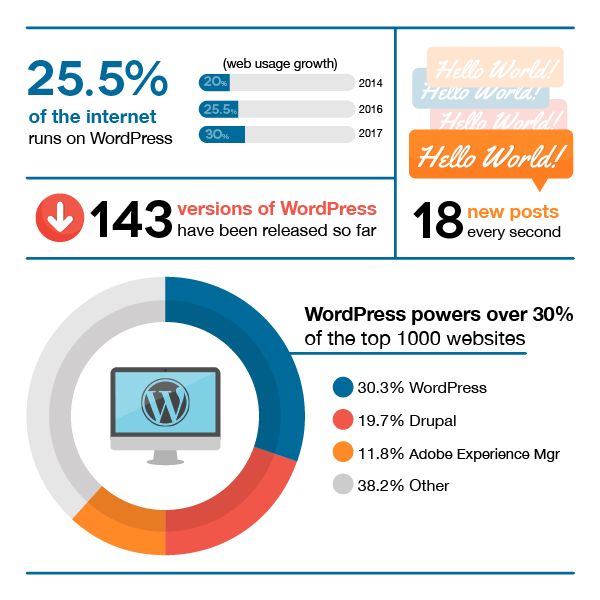

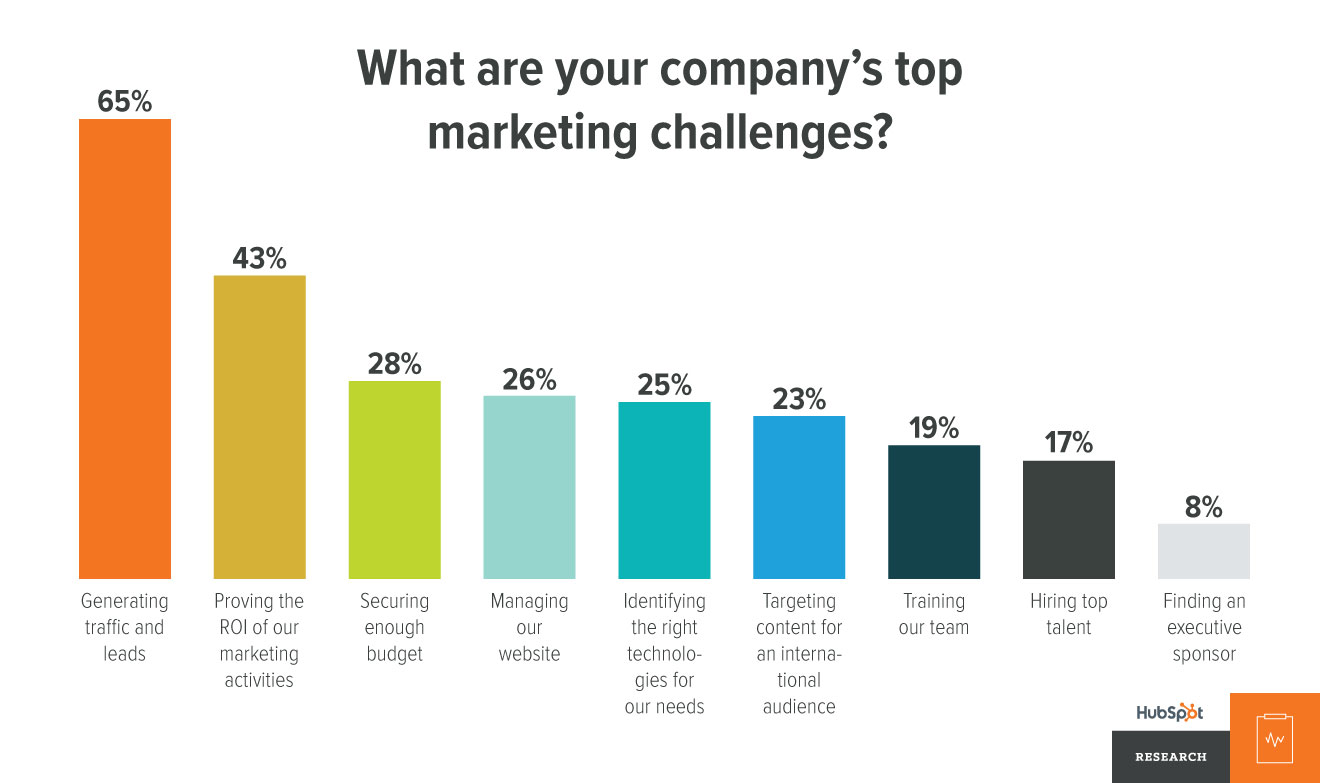
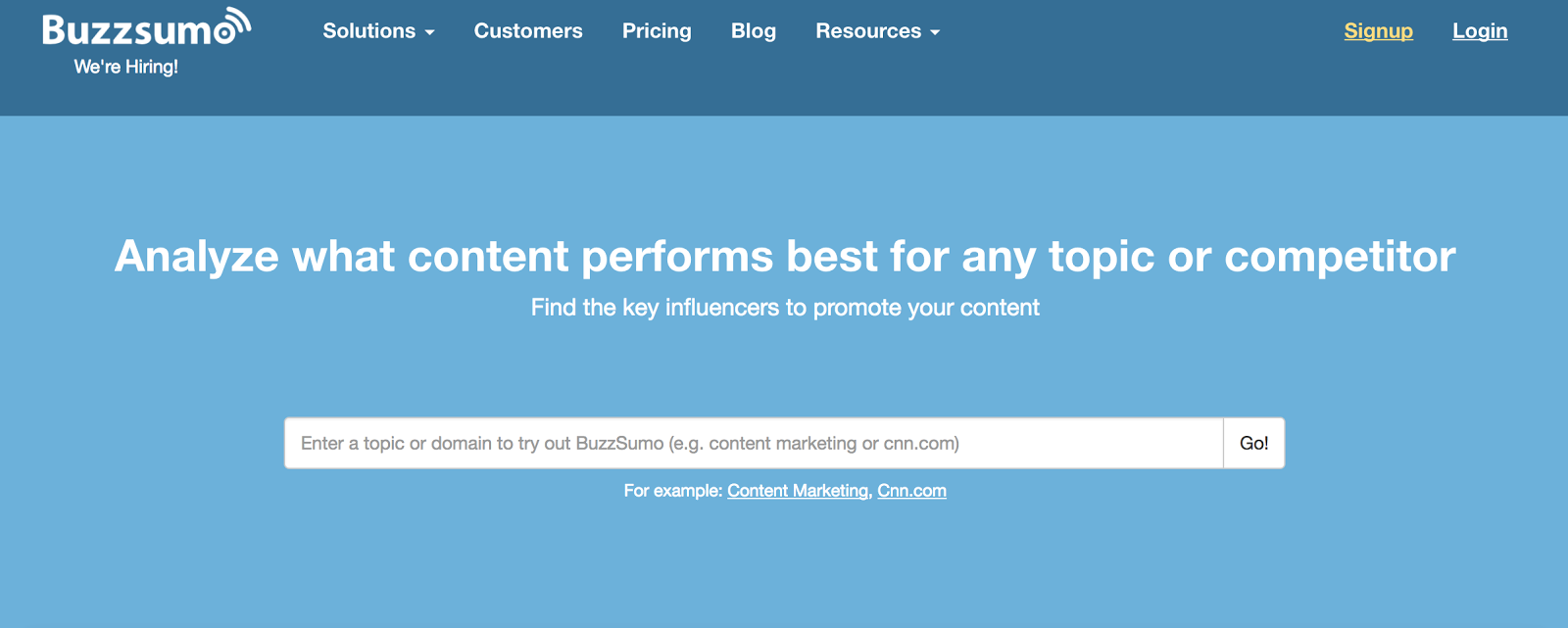
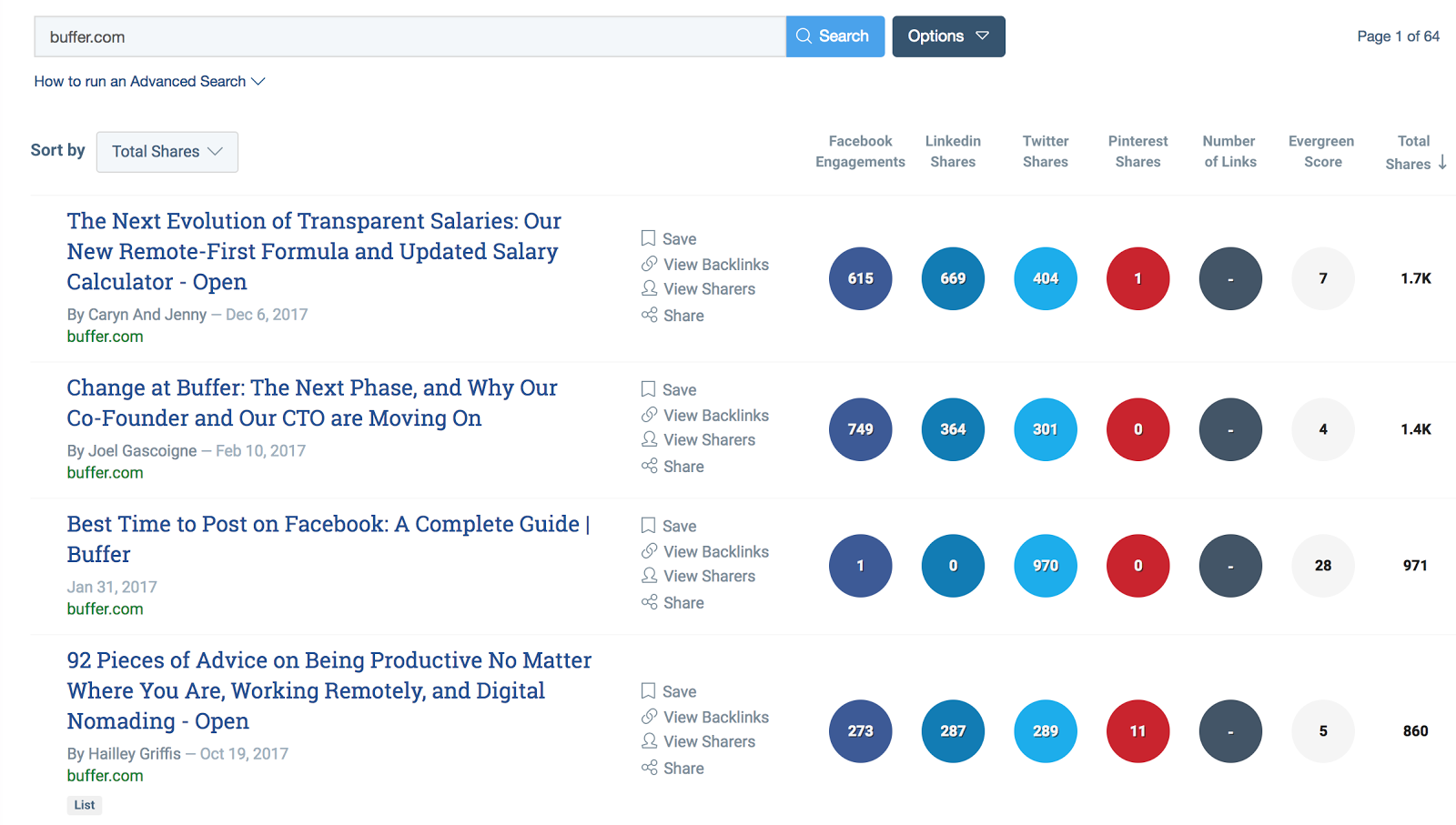
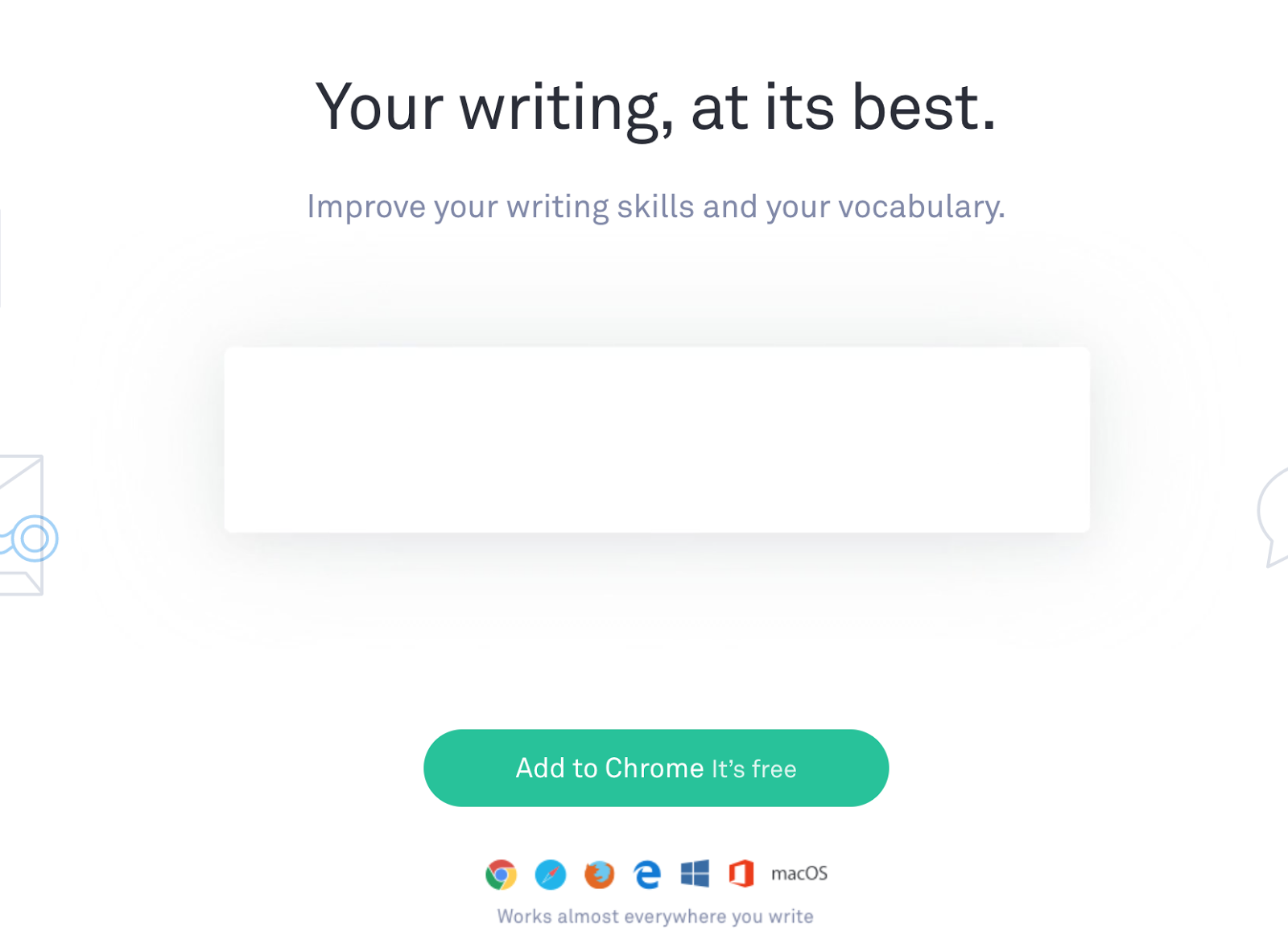
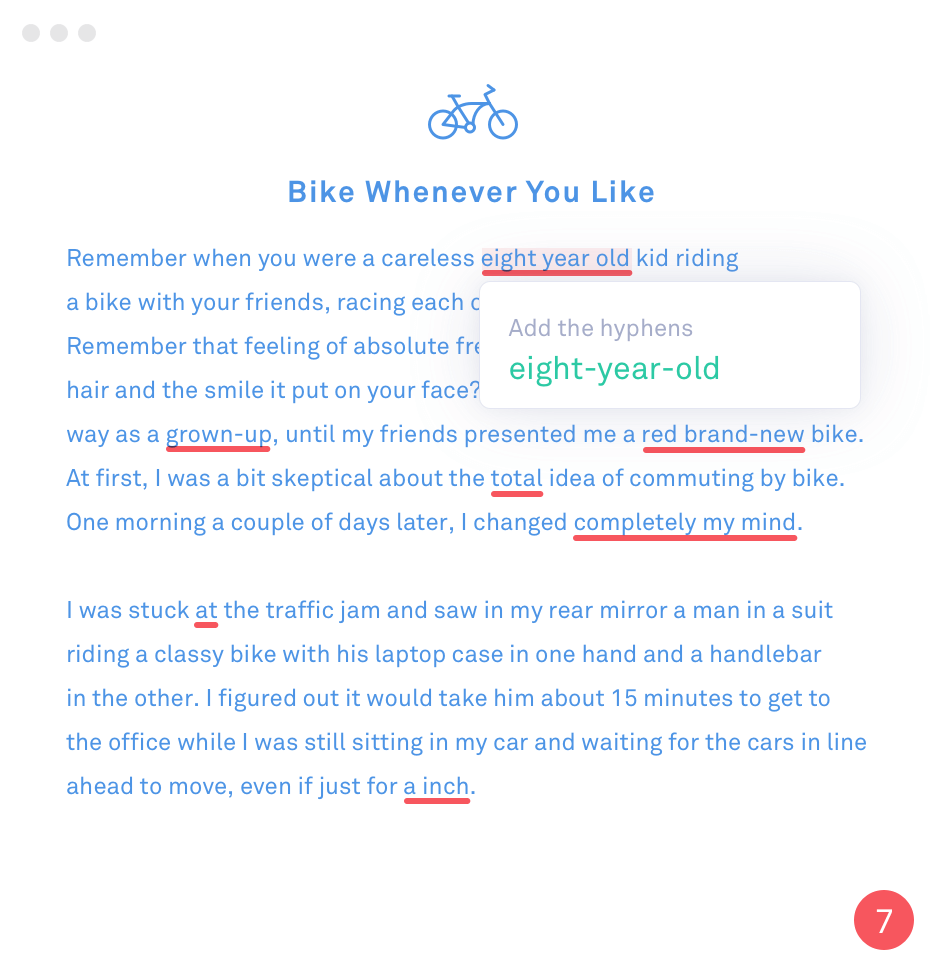
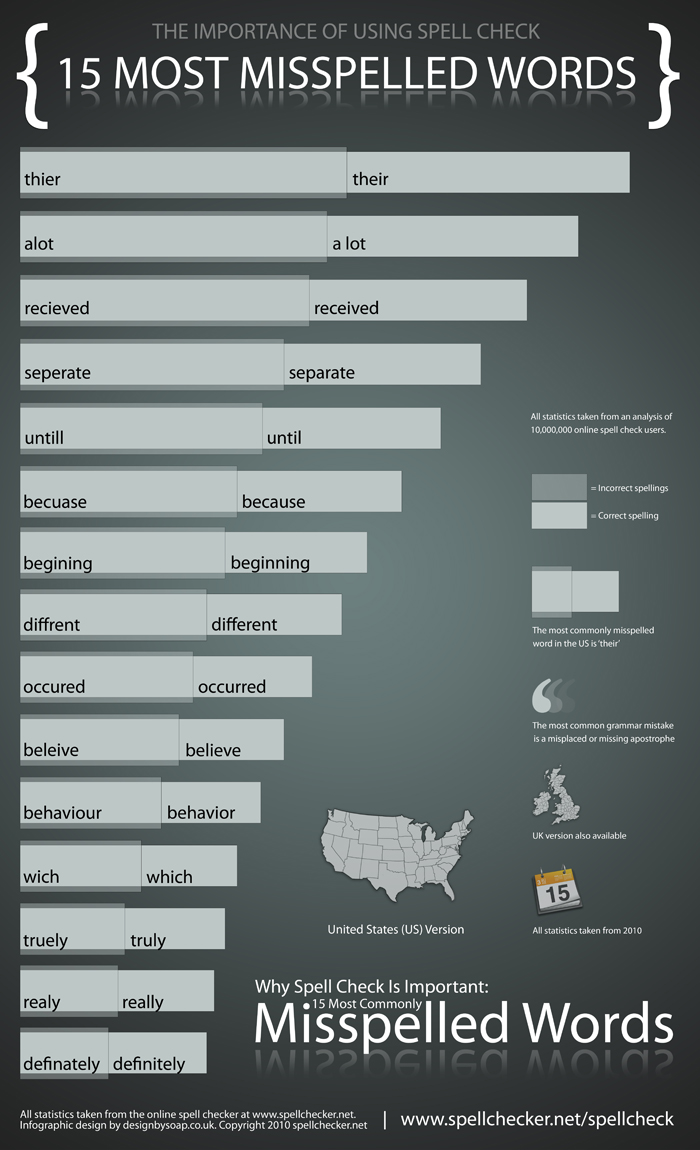
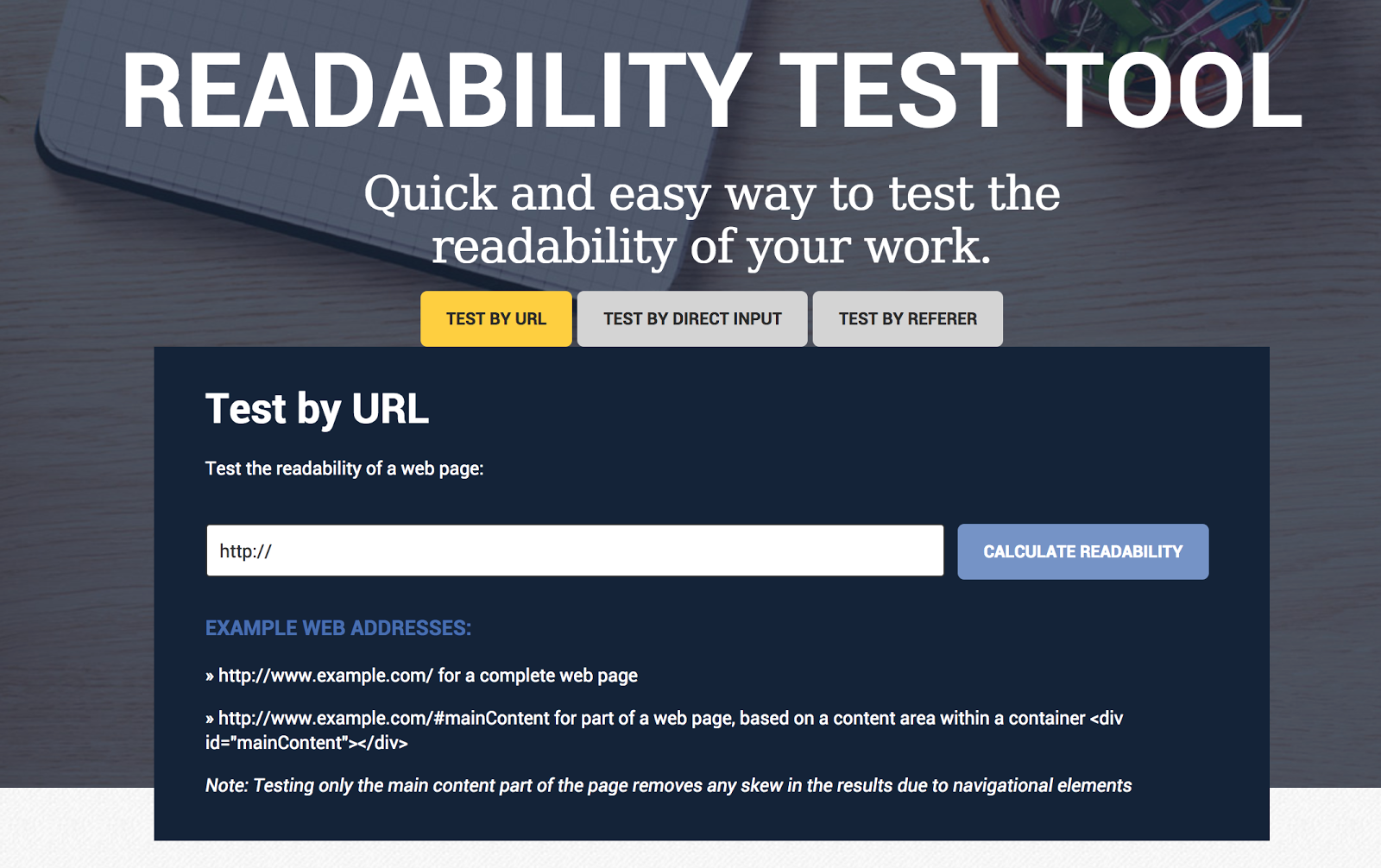
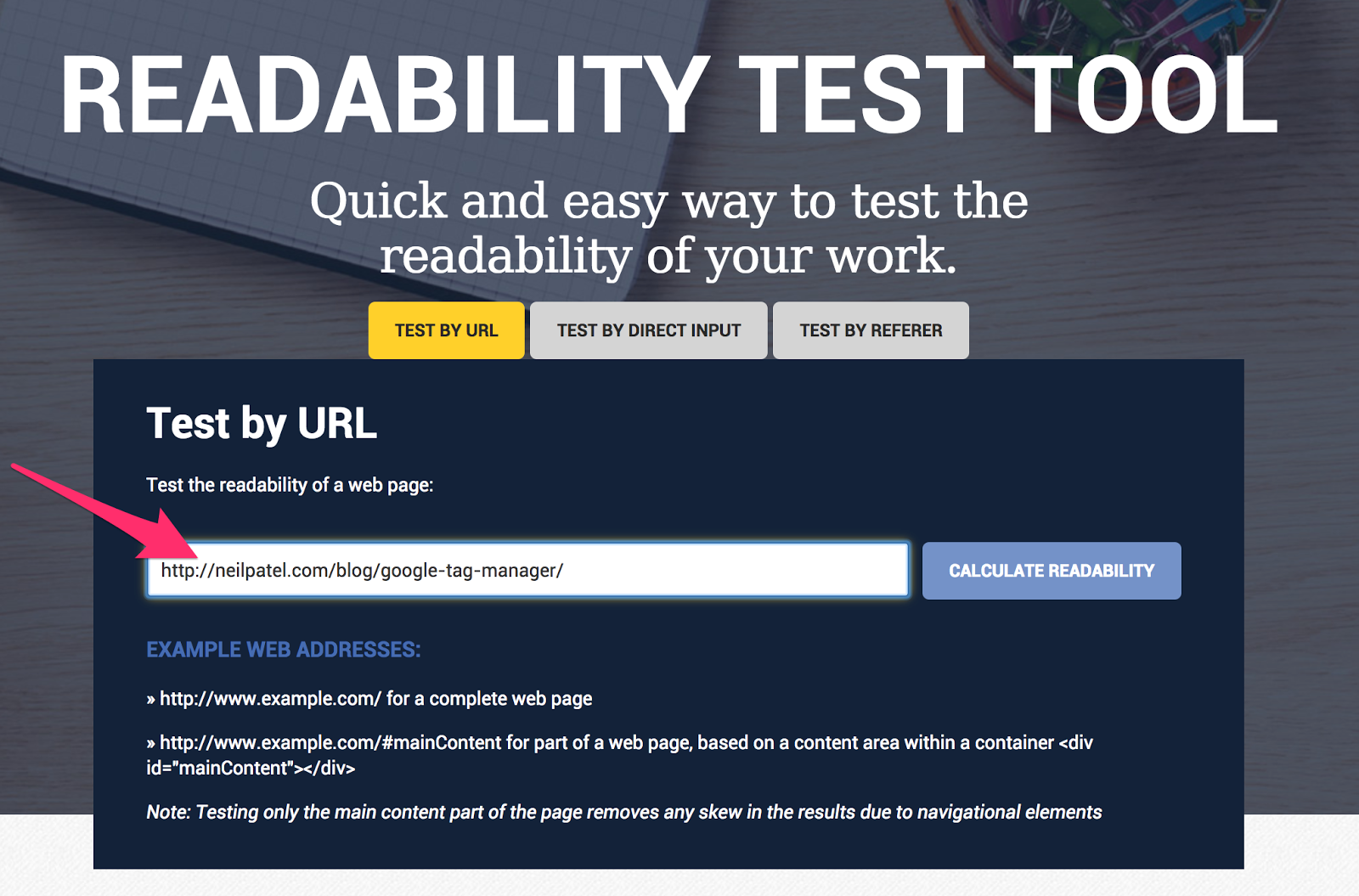
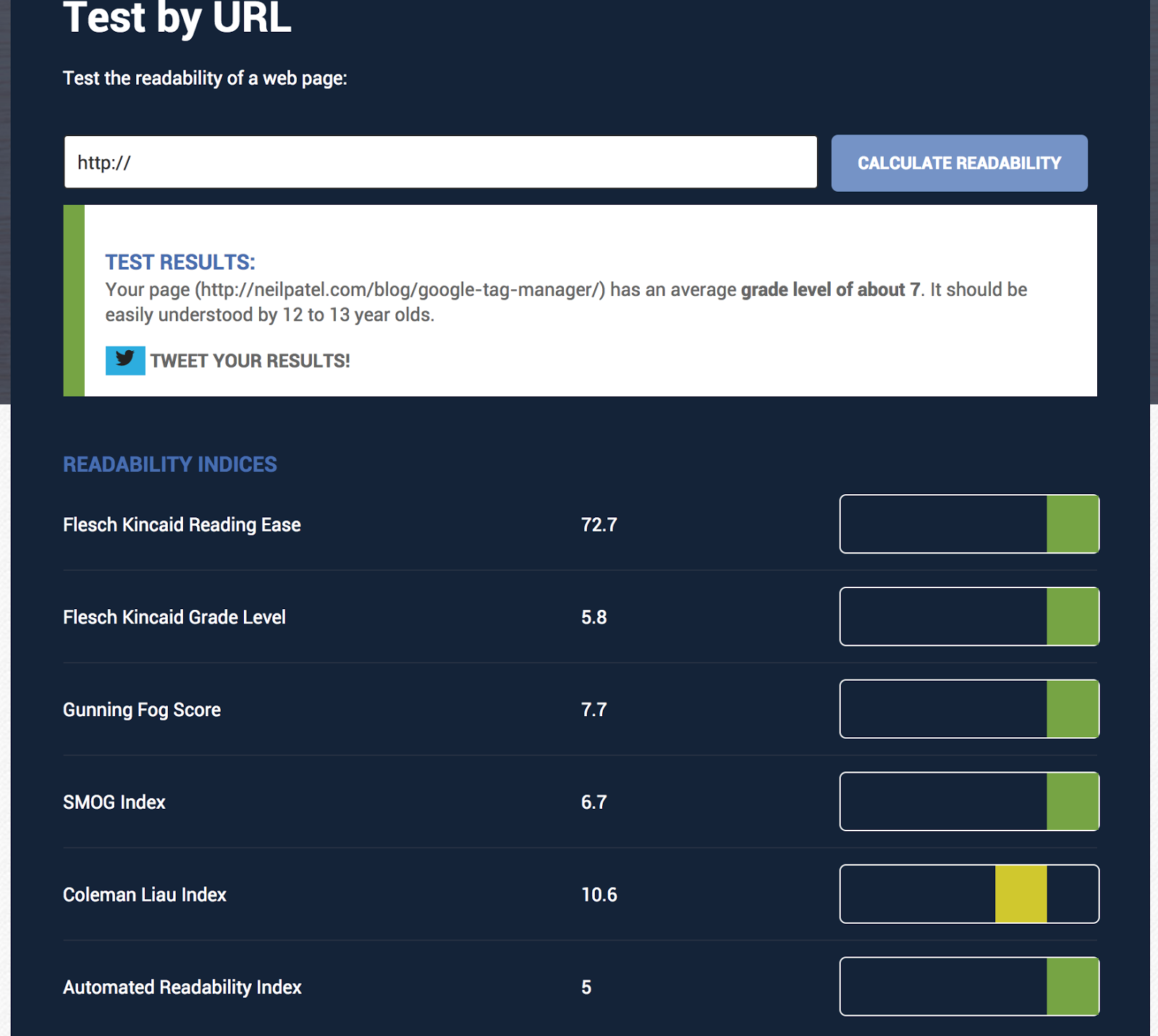



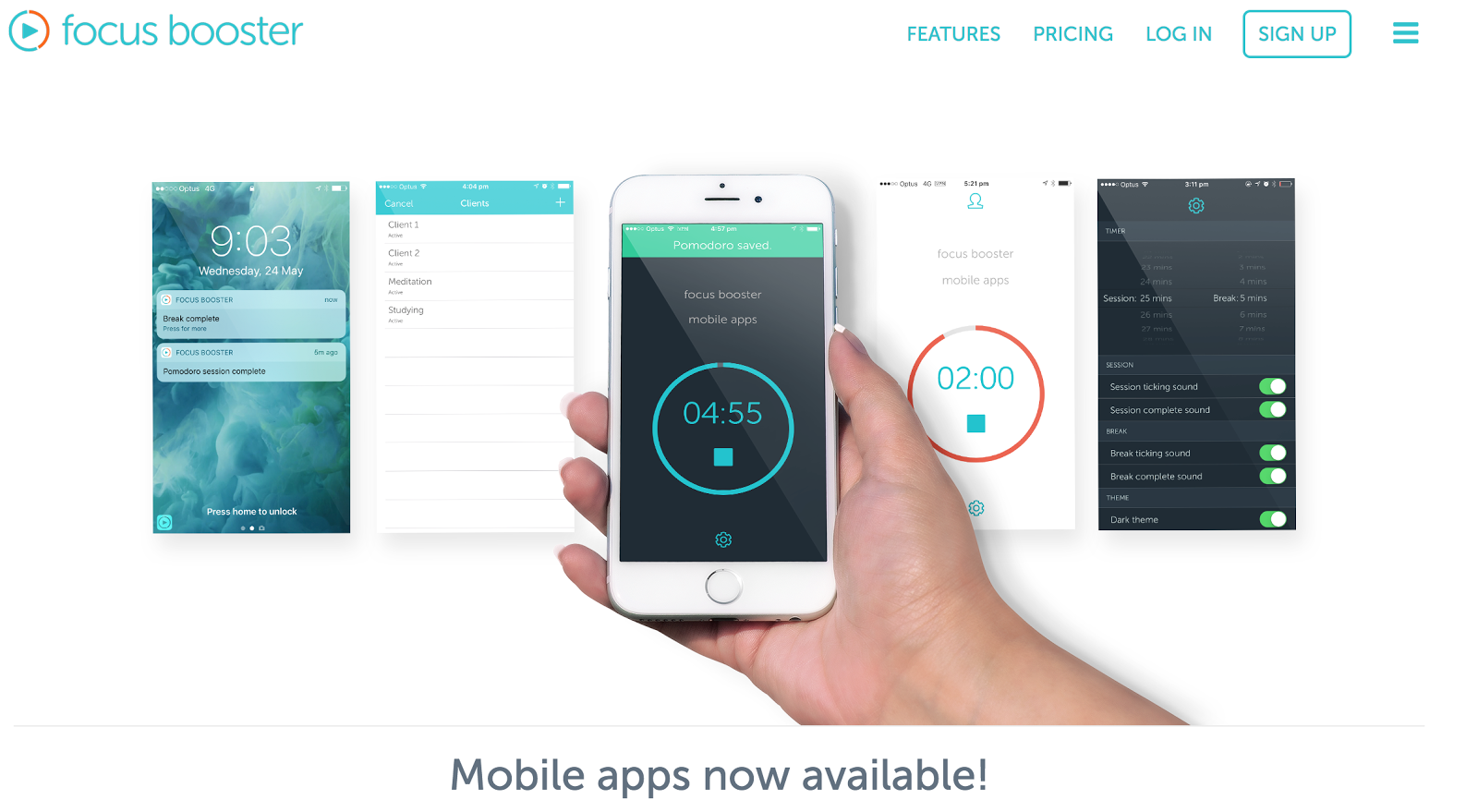
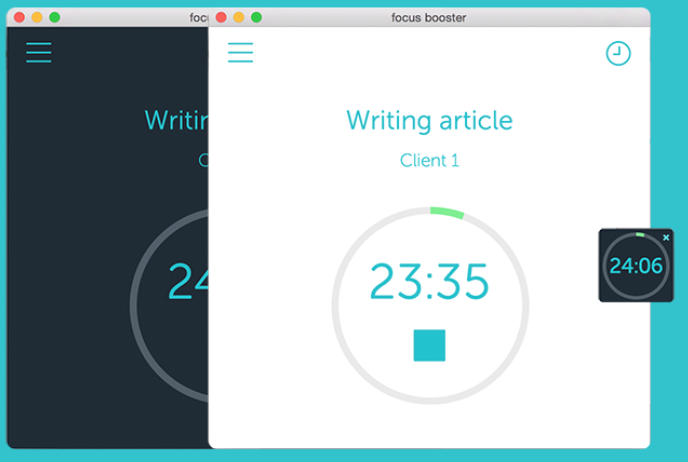
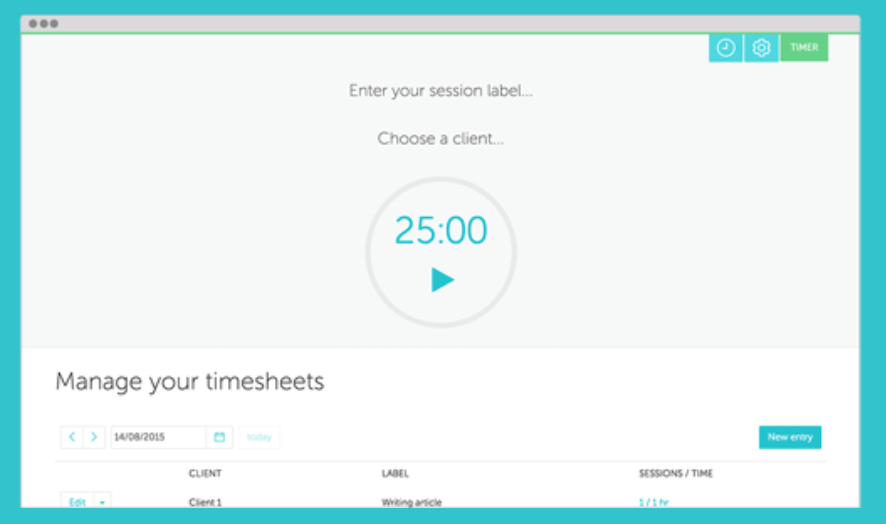
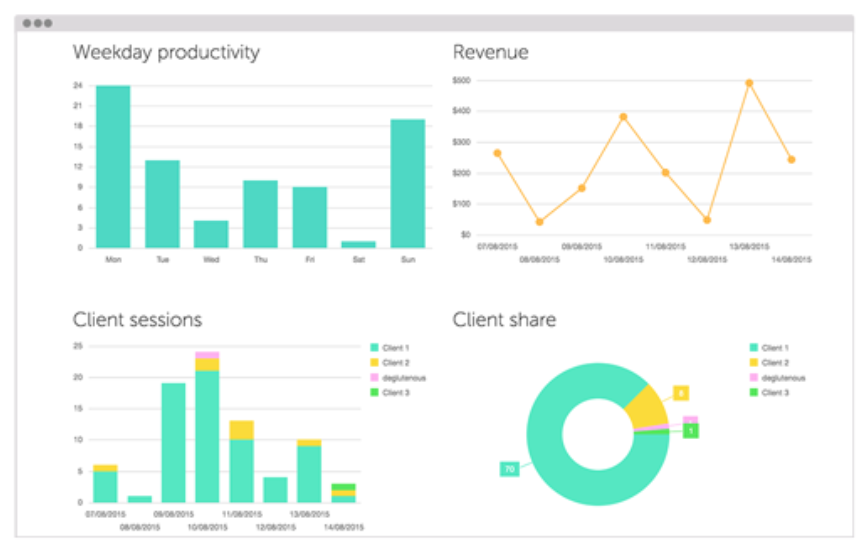
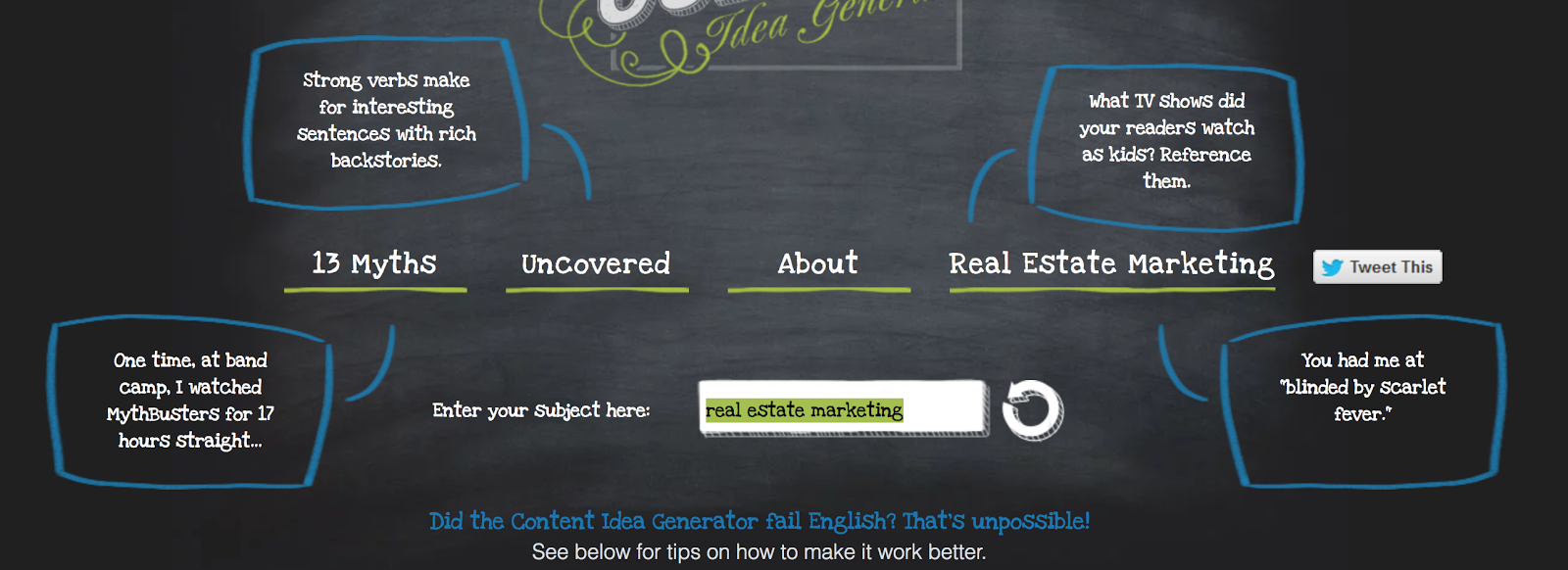
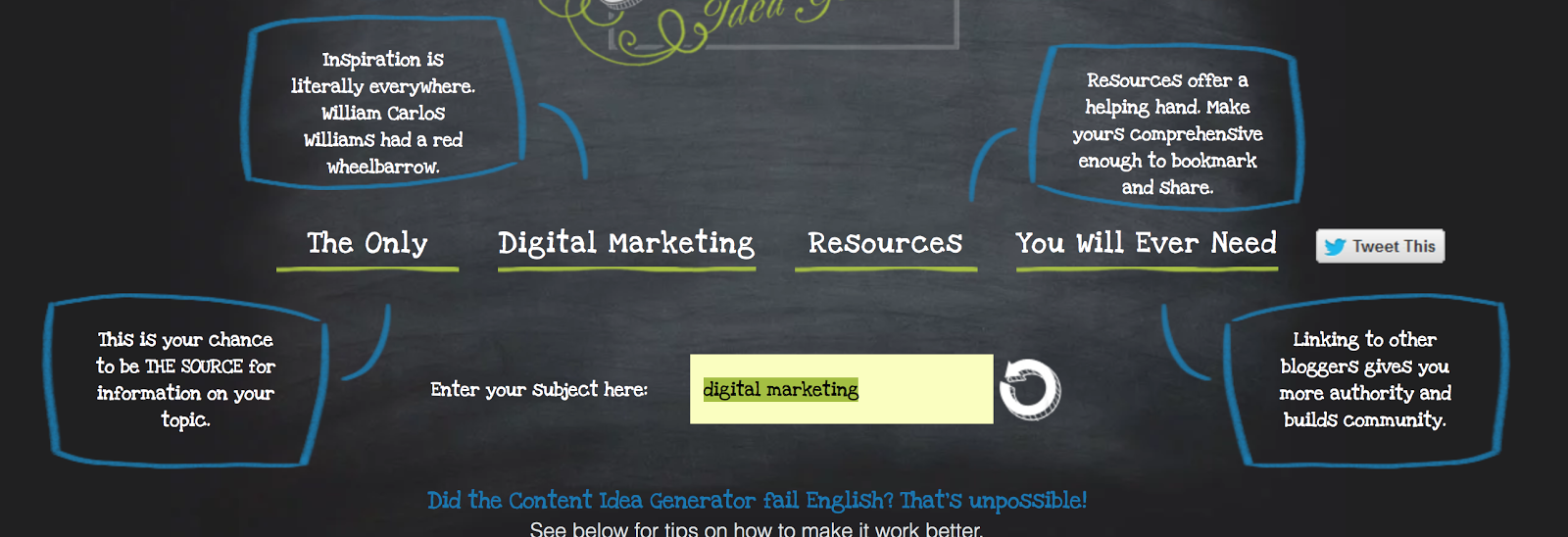

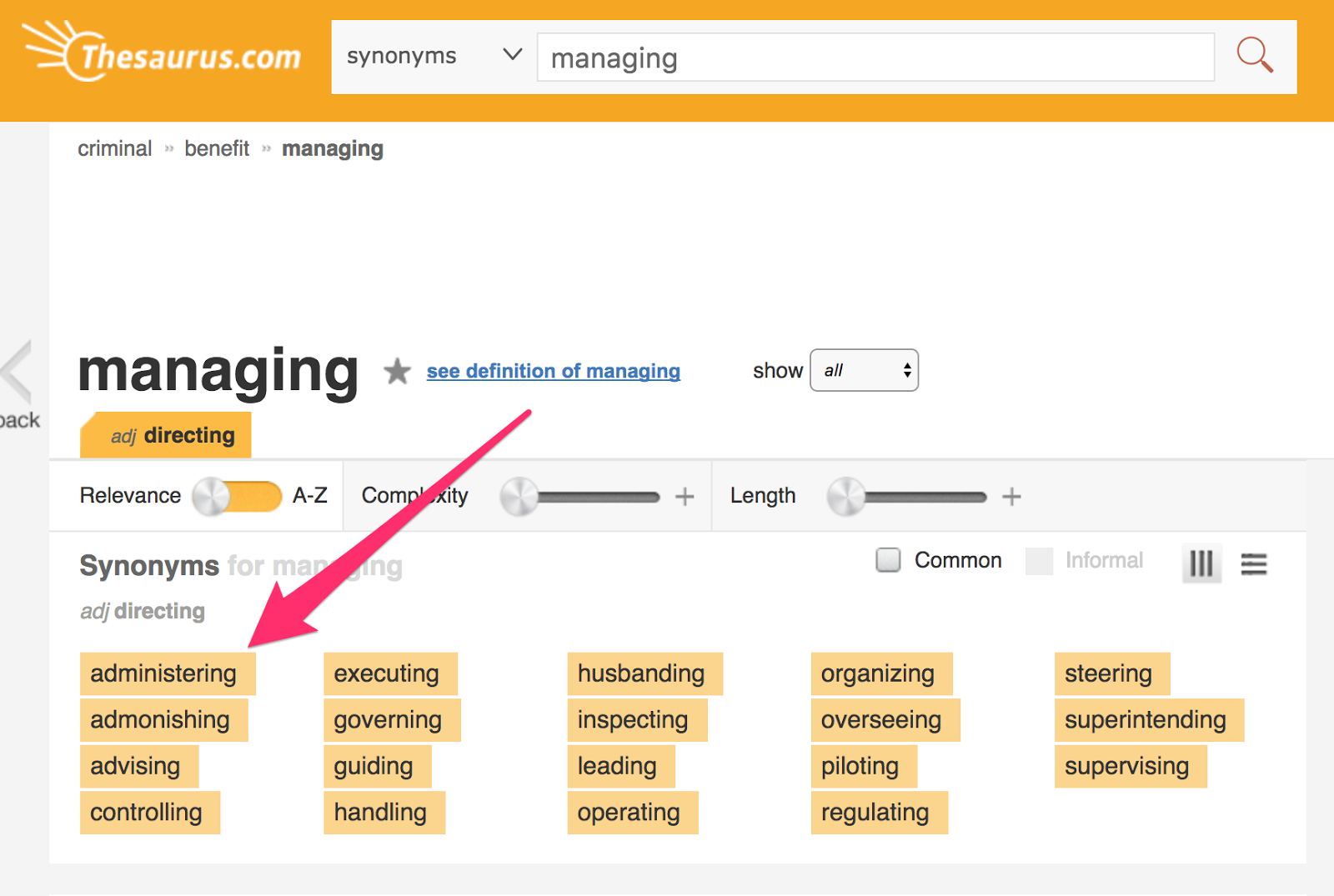

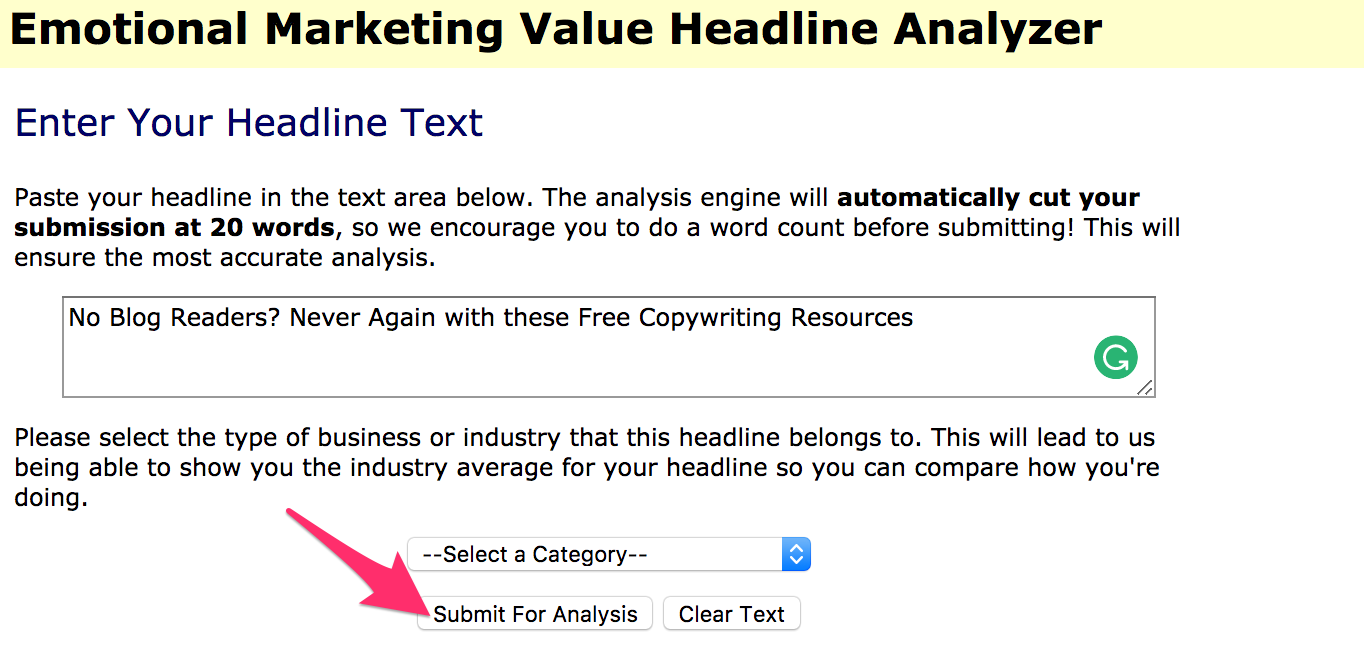
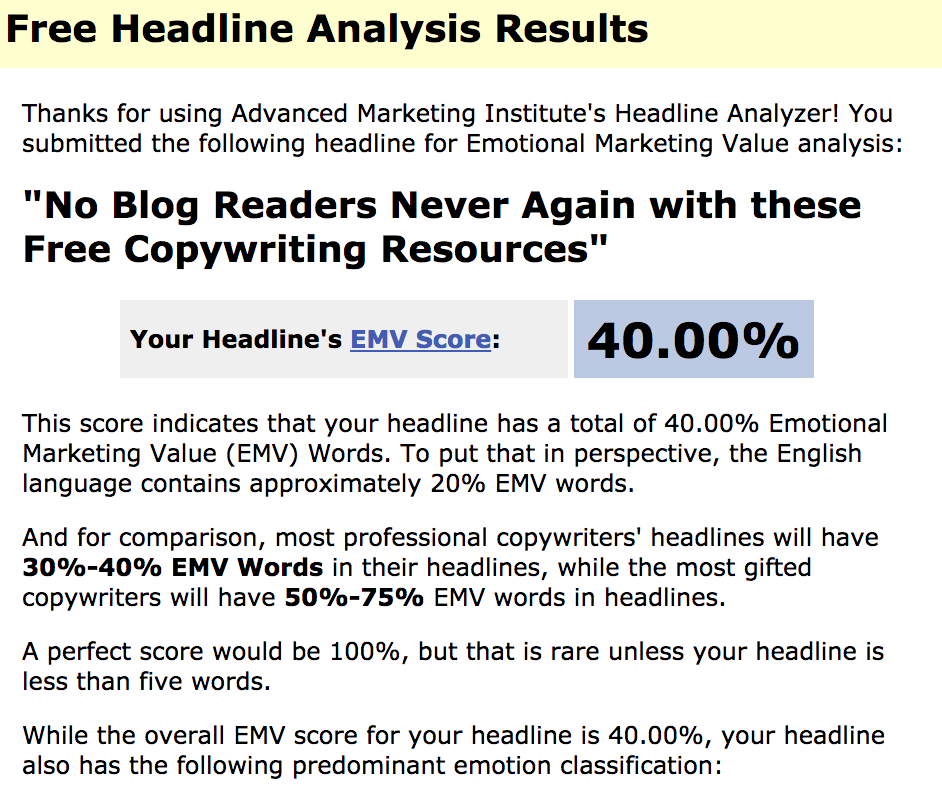
Comments (44)